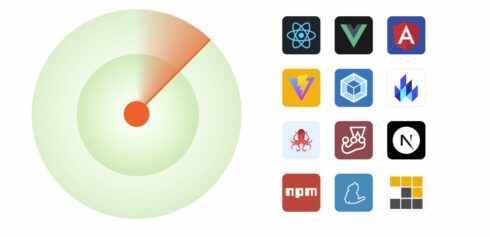
The Storybook Ecosystem CI is a system designed to protect users from issues arising from package upgrades. Storybook, a popular UI development tool, operates in a rapidly evolving front-end ecosystem, making compatibility with various frameworks, libraries, and configurations a significant challenge.
To address this, Storybook Ecosystem CI continuously tests a wide range of configurations, providing a public status page for users to check the compatibility and stability of their setups. The system includes a sandbox for testing different configurations and a notification system to alert the team of any failures.
“As maintainers of Storybook—one of the most popular UI development tools—we’re all too familiar with the terrors of package upgrades,” Michael Shilman wrote in a blog post. “That’s why we’ve created Storybook Ecosystem CI, an early warning system to help protect our users from this chaotic environment.”
Storybook’s capabilities stem from its vast compatibility matrix, enabling it to work with a diverse range of technologies. It supports over ten renderers like React, Vue, Angular, and more, languages such as JavaScript and TypeScript, different builders including Webpack and Vite, and various package managers like npm, yarn, and pnpm.
Storybook integrates with meta-frameworks like NextJS and SvelteKit. This compatibility allows users to apply Storybook to a wide array of project configurations, catering to numerous combinations of technologies and versions.
The Storybook Ecosystem CI manages the broad compatibility range and continuously tests a multitude of configurations, ensuring that big changes to Storybook maintain compatibility across different project setups. This system, partially inspired by Vite’s Ecosystem CI, plays a crucial role in catching issues early and maintaining the tool’s reliability across diverse development environments, according to the project maintainers.





